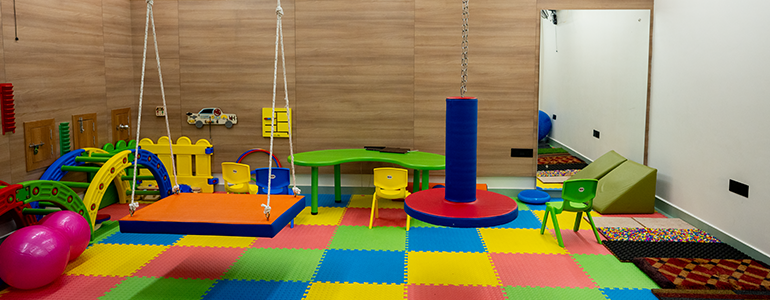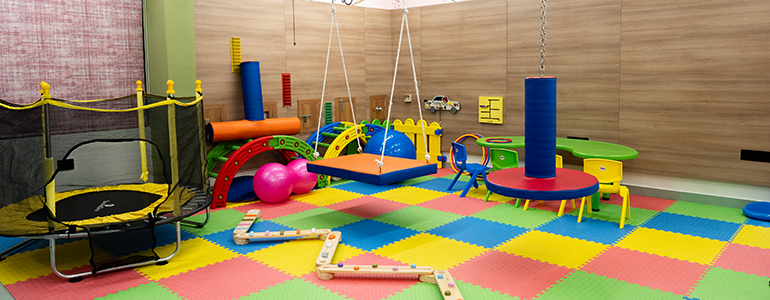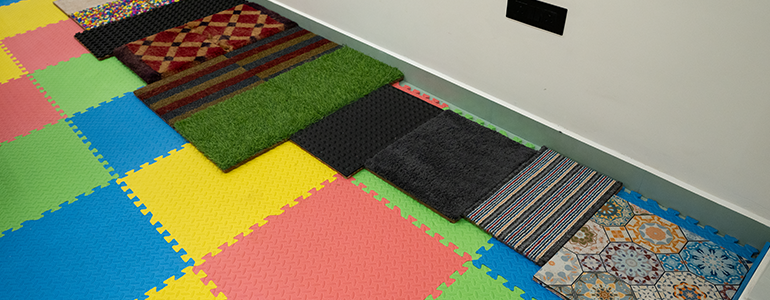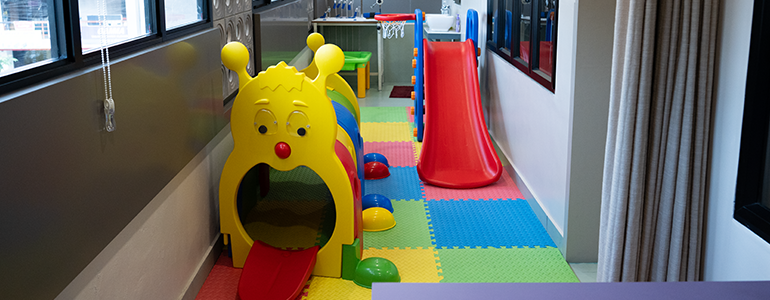Occupational Therapy
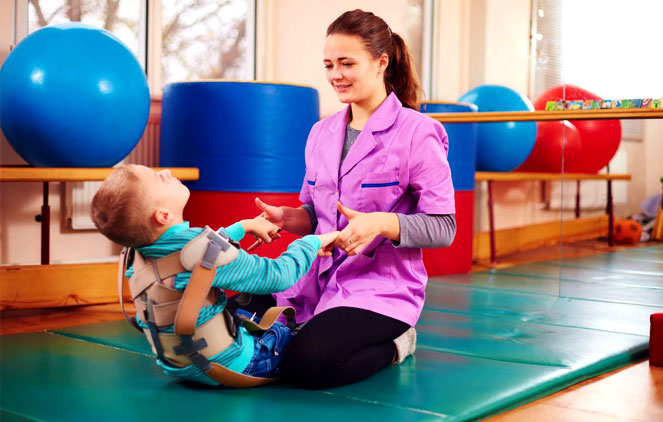
Occupational Therapy
OT can benefit children with a variety of conditions, including:
Helping Your Child Participate in Everyday Activities
What is Occupational Therapy?
Occupational therapy (OT) helps children develop the skills they need to participate in everyday activities, also known as "occupations." These occupations can include playing, learning, self-care tasks (dressing, eating, etc.), and social interaction.
Who Can Benefit from Occupational Therapy?
OT can benefit children with a variety of conditions, including:
- Attention Deficit Hyperactivity Disorder ( ADHD)
- Autism Spectrum Disorder (ASD)
- Learning Disability (LD)
- Intellectual Disability (ID)
- Cerebral palsy
- Developmental Delay
- Down Syndrome
- Sensory Processing Disorder
How Does Occupational Therapy Work?
Occupational therapists (OTs) are trained to assess a child's strengths and weaknesses in areas like:
- Sensory Processing: How a child experiences and interprets information from their senses (sight, touch, sound, etc.)
- Motor Skills: Fine motor skills (using hands), gross motor skills (movement), balance, and coordination
- Cognition : Planning, attention, sequencing, and problem-solving
- Visual Coordination: Using vision together with motor skills
- Daily Living Activities: Dressing, Eating, Bathing, and Toileting
What Can Occupational Therapy Help With?
Here are some examples of how OT can help children:
- Regulation: Helping children control their energy levels and focus
- Sensory Integration: Helping children make sense of sensory information
- Motor Skills: Improving coordination, balance, and strength
- Self-Care Skills: Learning to dress, eat, and bathe independently
- Social Skills: Playing and interacting with others
How Do OTs Work with Children?
OTs use a variety of techniques to help children reach their goals, including:
- Play: Play is a natural way for children to learn and develop.
- Adaptations: Modifying the environment or activities to make them easier
- Compensations: Finding ways to do things around limitations
- Remediation: Building and developing skills through play or activities
- Education/Coaching : Providing information to parents and teachers on how to support a child
- Contact us today to learn more about how we can support your child's development.
 s
s

